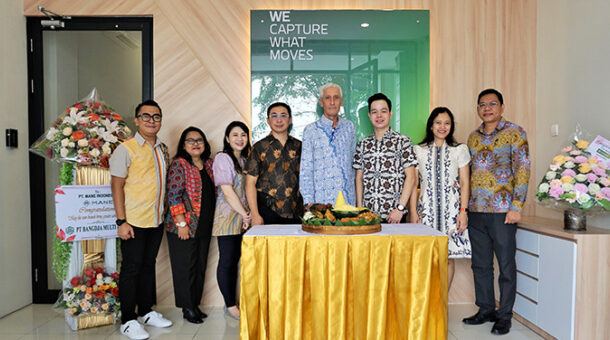ON
Products
A TASTE FOR
SAVOIR-FAIREWith our 150 year-old experience in the production of natural ingredients, we continuously strive for excellence…
- Latest news
Apr 11th 2024

Apr 9th 2024

Apr 9th 2024

Social wall
With our 150 year-old experience in the production of natural ingredients, we continuously strive for excellence…
Apr 11th 2024

Apr 9th 2024

Apr 9th 2024


